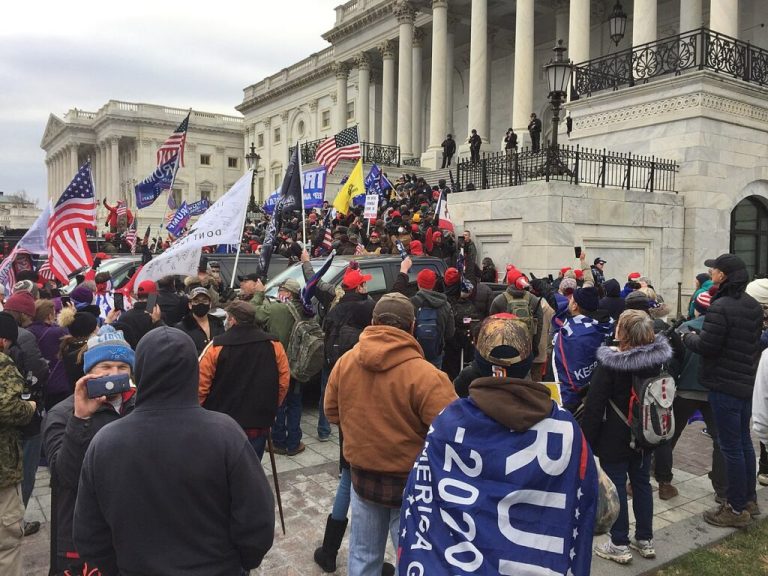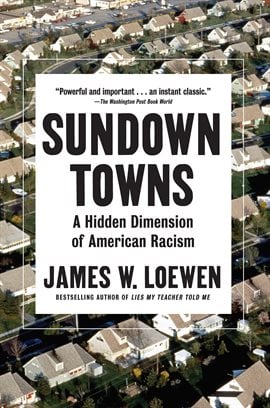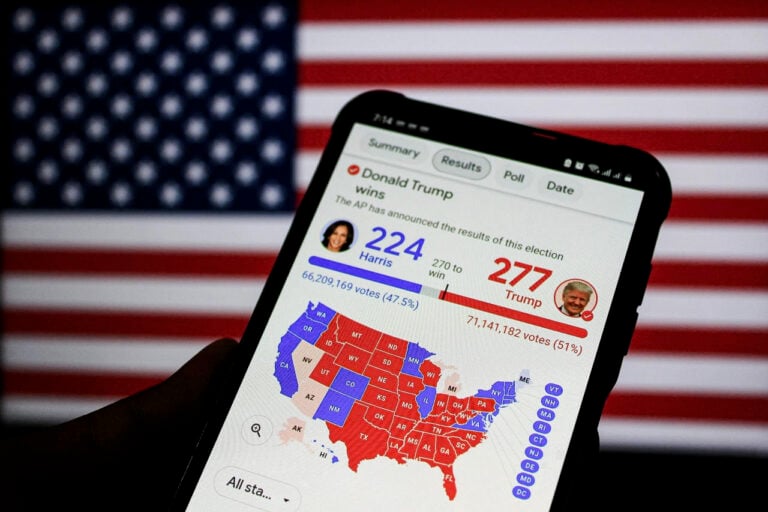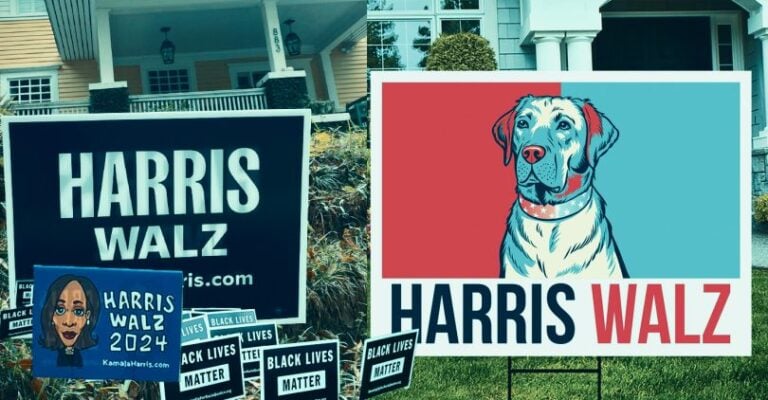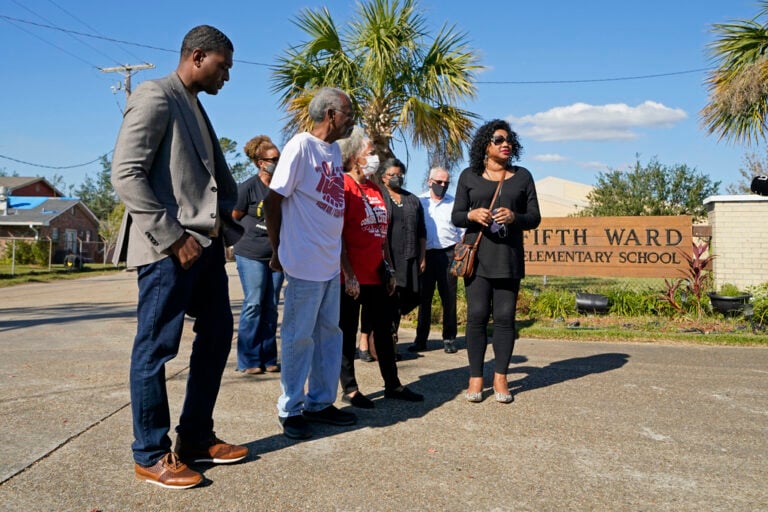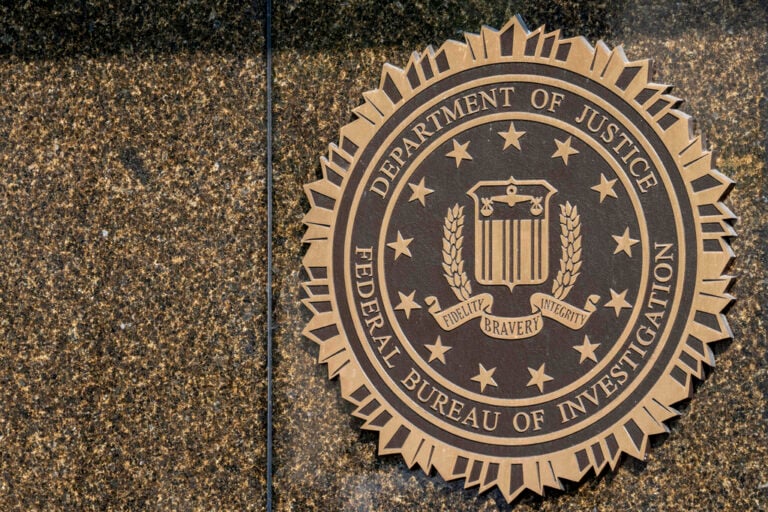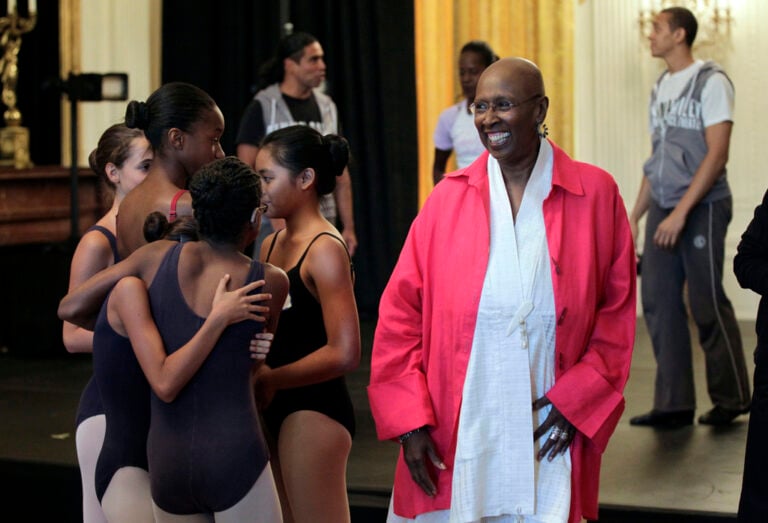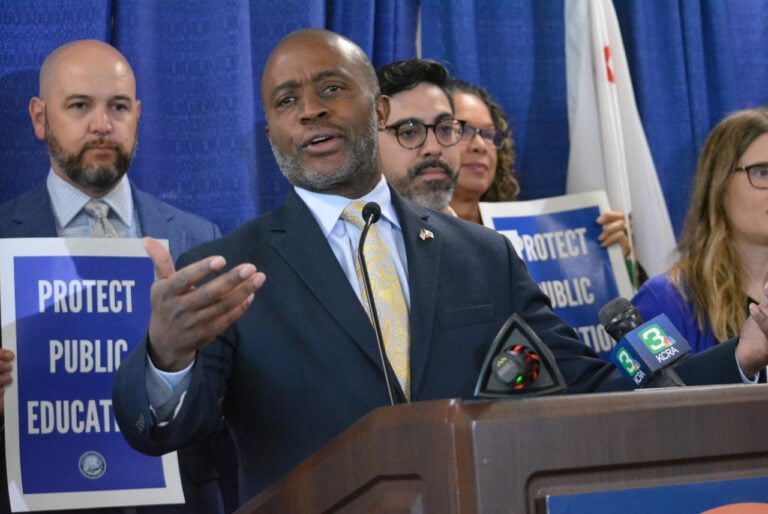By Bo Tefu and Antonio Ray Harvey, California Black Media
Tony Thurmond Vows to Protect Education in California
In the wake of the general election and Donald Trump winning another term as president, State Superintendent of Public Instruction (SPI) Tony Thurmond is on a mission to protect public education in California.
On Nov. 8, Thurmond, members of the California legislature, educators, union leaders, and other elected officials expressed their concerns at a news conference about the possibility of the Trump Administration dismantling the U.S. Department of Education (DOE).
“To tear down and abolish an organization that provides protections for our students is a threat to the well-being of our students and our families and of Americans,” Thurmond said.
Thurmond said losing $8 billion dollars in federal funding is at stake. During his campaign, Trump didn’t hesitate to take barbs at the DOE.
Closing the doors of the DOE could affect a range of scholastic programs such as Special Education, English as a Second Language (ESL), free lunch, federal grants for college students and Title I, a program that provides support to educate disadvantaged families.
Sen. Aisha Wahab (D-Hayward) and Assemblymember Al Muratsuchi (D-Torrance), the chair of the Assembly Education Committee, spoke at the news conference held in the boardroom of the California Department of Education building.
Muratsuchi said, “We need to get ready now for what is going to start on Jan. 20 (2025).”
“It is the job of every teacher, every school board member, every principal, every elected representative in the state of California who believes in public education,” he said. “It is time for us to stand up to protect all of these kids. When we are facing a bully who is targeting our most vulnerable students, we all need to stand up.”
Trump has said that he prefers the Choice School initiative, a policy that provides parents and students the choice to use public funds to attend a school other than their district or local public school.
Thurmond and supporters of the traditional public school system are asking President-elect Trump and the U.S. Congress to continue federal supporting the funding of the programs.
Thurmond said he has started reaching out to lawmakers in Washington, D.C., and in the California legislature to get in front of Trumps policy plans.
“I’m prepared to sponsor legislation that would call on the California State Legislature and the Governor to backfill that funding to preserve and protect that funding for the students of California,” Thurmond said.
California Voters Embrace Stricter Crime Laws with Prop 36
California voters have approved Proposition 36, a ballot measure imposing stricter penalties for retail theft, property crimes, and drug offenses, effectively rolling back aspects of the state’s 2014 Proposition 47.
Prop 47 aimed to reduce California’s prison population by reclassifying some non-violent felonies as misdemeanors, shifting funds from incarceration to toward drug treatment and victim services . However, supporters of Prop 36 argue that Prop 47’s leniency has contributed to increased property crime, homelessness, and drug addiction.
Mike Gatto, a Democratic former state assemblymember from Los Angeles is a proponent of Prop 36 and anticipates that the initiative will curb retail crime in the state.
“The voters recognize that Prop 36 is a sensible measure and that it will be the first step in stopping the retail thefts that make shopping miserable,” said Gatto.
Backed by law enforcement, business groups, and a mix of political leaders, including outgoing San Francisco Mayor London Breed, Prop 36 seeks to address homelessness and the fentanyl crisis through longer prison sentences for drug dealers and a mandatory treatment program for individuals with addiction issues.
Opponents say the measure will increase California’s prison population and court system costs, estimated in the tens of millions.
Critics, including social justice groups, warn that Prop 36 undermines the progress achieved under Prop 47, which has reallocated over $800 million to treatment and behavioral health initiatives. Opponents like Californians for Safety and Justice argue the new law preys on public fear, exacerbated by viral retail theft incidents, to push a “tough-on-crime” agenda that may drain resources from essential support programs.
Proponents, however, contend that addressing rising crime rates justifies these increased expenses, with Gatto expressing confidence that the legislature can allocate funding to offset any cuts to treatment services.
California Attorney General Unveils New Guidelines to Safeguard Abortion Access
California Attorney General Rob Bonta has issued a law enforcement bulletin outlining the state’s legal protections for individuals seeking reproductive healthcare.
The new guidance emphasizes the right to timely, confidential care, free from harassment or threats, as established by Assembly Bill 1356 (AB 1356), authored by Assemblymember Rebecca Bauer-Kahan (D-Orinda).
This law complements the California Freedom of Access to Clinic and Church Entrances (FACE) Act, which mandates that state and local law enforcement agencies develop policies for handling anti-reproductive rights incidents.
“Abortion care is healthcare; and in California, access to abortion care is a constitutionally protected right,” said Bonta.
The bulletin aims to equip law enforcement with the tools to effectively respond to violent or threatening situations at reproductive healthcare facilities, ensuring the safety of both providers and patients.
In response to a national surge in violence and harassment targeting abortion providers, particularly in states that protect abortion access, the bulletin provides guidelines for law enforcement on addressing anti-reproductive rights crimes. The National Abortion Federation reports significant incidents, including arson and death threats, aimed at clinics across the country.
The bulletin also references revised 2023 guidelines from the Commission on Peace Officer Standards and Training, which cover law enforcement’s role in preventing violence, providing training, and managing protests and events. With these measures in place, Bonta reaffirmed California’s commitment to defending reproductive rights and ensuring the state’s continued role as a stronghold for reproductive freedom.
California Voters Reject Proposition 33, Blocking Expansion of Rent Control Protections
California voters have rejected Proposition 33, which aimed to expand rent control protections by repealing the Costa-Hawkins Rental Housing Act. With nearly 95% of precincts reporting, 61.6% of voters opposed the measure, while 38.4% supported it. The proposition would have allowed cities to extend rent control to properties not previously covered, such as newer homes and units with new tenants.
The initiative, backed by labor unions and tenant advocacy groups, sought to ease housing costs for groups like seniors, low-wage workers, and veterans. However, it faced strong opposition from landlords, real estate developers, and property owners, who argued that it would worsen California’s housing crisis by discouraging new construction and lowering property values.
This marks the third failure of a similar measure, following two unsuccessful attempts in 2018 and 2020. Proponents of Prop. 33 raised $50.1 million, while opponents outspent them with $124.6 million.
Re-election of Donald Trump Sparks Fears of Conflict for California’s Schools and Immigrant Communities
The re-election of Donald Trump is set to create significant challenges for California, particularly in the areas of education and immigrant protections. Trump has threatened to cut school funding for states, including California, that uphold policies protecting transgender students and promoting diversity, equity, and inclusion in schools.
With federal K-12 public school funding in California totaling $7.9 billion annually, these cuts could have a major impact on the state’s education system. Additionally, advocates say, Trump’s promise to deport undocumented immigrants en masse threatens the stability of millions of California families, including students with undocumented parents.
Gov. Gavin Newsom and Attorney General Rob Bonta have signaled their intent to resist Trump’s policies, with Bonta preparing for possible litigation against measures that threaten rights for transgender youth and undocumented individuals. In the past, California has sued the federal government over more than 100 of Trump’s actions, particularly during his first term.
Bruce Fuller, professor of education and public policy at the University of California Berkeley, stated that Trump’s tax cuts to the rich will be paid for by budget cuts in public education.
“The president-elect’s commitment to cutting taxes for affluent Americans means there will be no new funding for public schools,” said Fuller. “Watch out for efforts to expand vouchers and tax credits for well-off parents who opt for private schools.”
Education experts also worry that Trump’s proposed tax cuts for the wealthy could lead to budget cuts for public schools, while his push to expand school vouchers and tax credits could divert funding away from public education. Trump’s proposals to reduce federal involvement in education, such as cutting teacher tenure and introducing merit pay, also conflict with current federal law.
The potential deportation of undocumented immigrants is a significant concern for many families in California, where an estimated one in 10 children has an undocumented parent. This has already caused anxiety among students and teachers. Educators fear Trump’s policies will undermine public education, with some predicting a backlash against teacher associations and unions that support Democrats
California Voters Approve $10 Billion Bond for Environmental Projects
California voters have approved a $10-billion bond measure aimed at funding environmental projects across the state. Proposition 4, titled the Safe Drinking Water, Wildfire Prevention, Drought Preparedness, and Clean Air Bond Act of 2024, will allocate funds for a variety of initiatives, including water management, wildfire protection, and climate resilience.
The bond includes $3.8 billion for water projects such as safe drinking water, water recycling, groundwater storage, and flood control. An additional $1.5 billion will be used for wildfire prevention, and $1.2 billion will go toward protecting the coast from sea level rise. The measure also funds projects to create parks, preserve wildlife, combat air pollution, and support sustainable agriculture.
Liz Forsburg Pardi, California policy director at the Nature Conservancy, celebrated the approval.
“We are inspired and grateful to see voters back the largest climate and natural resources bond in state history,” said Forsburg Pardi.
“Voters sent a powerful signal that climate resilience is a priority,” she said.
However, opponents say, the bond will cost taxpayers an estimated $400 million annually for the next 40 years, totaling $16 billion with interest, according to the Legislative Analyst’s Office.
The bond was proposed after the state’s budget deficit forced the cancellation of billions of dollars in planned climate spending. Supporters, including environmental groups and renewable energy companies, argue the projects are essential to addressing the state’s climate challenges.
Opponents, such as the Howard Jarvis Taxpayers Association, expressed concerns over the cost arguing that by issuing bonds, the cost could more than double due to interest. The organization advocated for the state to fund the projects without accruing debt. Despite this, the measure passed with strong voter backing, signaling a clear commitment to addressing California’s environmental needs.


